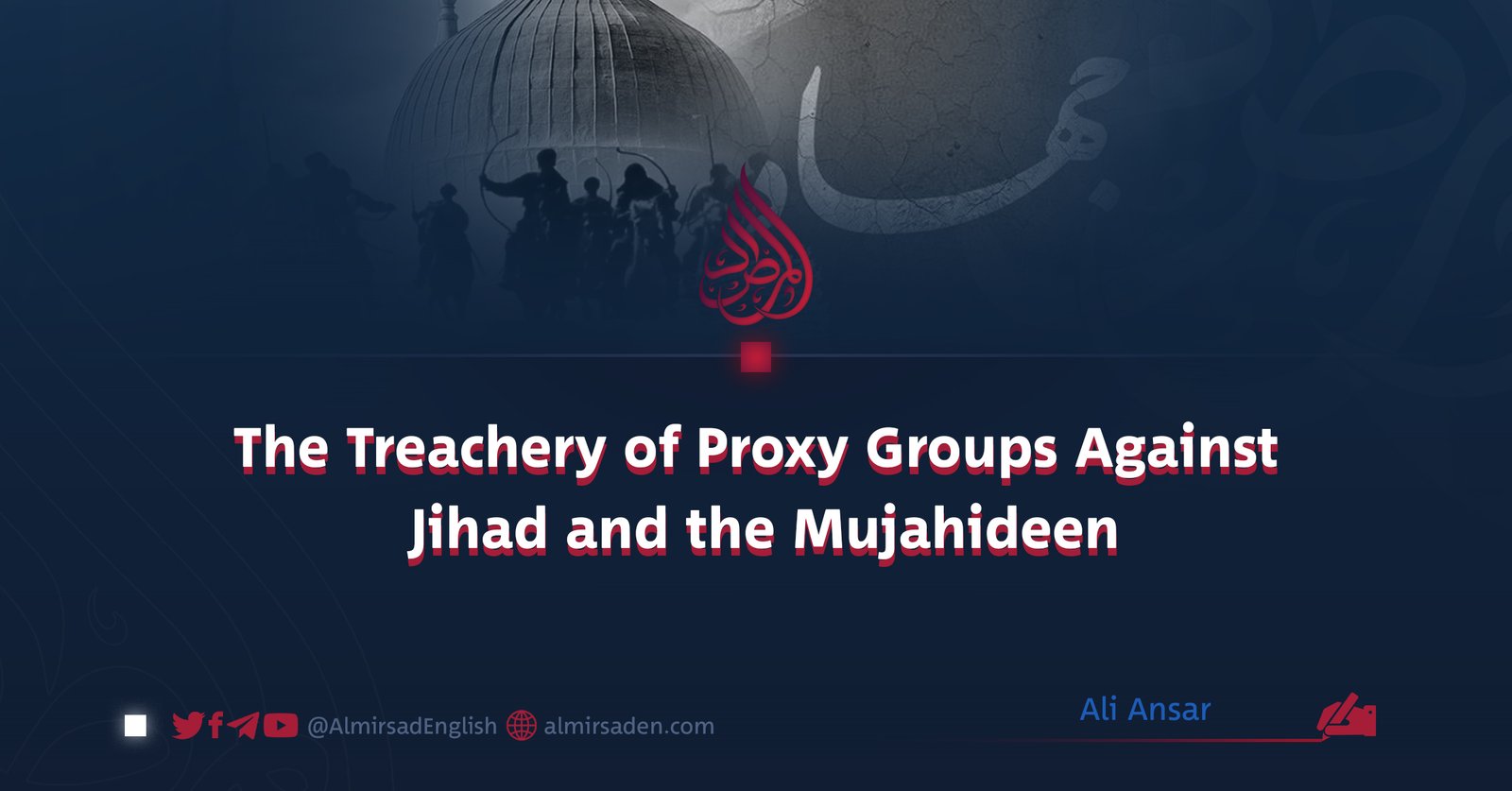Written by: Ali Ansar
Jihad is a fundamental pillar and obligation in Islam, carried out to elevate the word of Allah, establish His divine religion on earth, sustain a legitimate Islamic system, eradicate the colonial domination of disbelief over Muslim lands, and reclaim the freedom of the Muslim ummah.
For those with weak consciences, who are enslaved to worldly desires and accustomed to the colonialist ways of the non-believers, jihad is a difficult and burdensome task. However, for those who are deeply devoted to the Quran and the Sunnah of the Prophet Muhammad (PBUH), who seek a life guided by the principles of Islam, despise immorality and wrongdoing, and yearn for a life of freedom, jihad becomes a beloved act of worship, cherished above all other forms of devotion.
Because jihad spreads the reach of Islam and Sharia and extends its influence to all corners of the world, many enemies of the faith work tirelessly to obstruct it. They slander jihad, attempt to divert the mujahideen from their noble cause, and present jihad to the world as mere terrorism and mass violence. In truth, jihad is carried out by the command of Allah, the Creator of the universe and all its creatures.
The disbelieving world has long engaged in these efforts, launching invasions into Muslim lands, reinforcing colonial control, martyring Muslims in large numbers, and repeatedly subjecting the Islamic world to deep sorrow. Yet despite these persistent efforts, they have been unable to stop jihad. Whenever a martyr falls, many more rise in their place, continuing the struggle. This cycle persisted for years until the disbelieving world finally succumbed, and its power was broken.
In the aftermath of their defeat, the disbelievers sought a strategy that would spare them further harm while simultaneously undermining both Islam and jihad. Proxy groups, masquerading under the name of Islam and the caliphate, became the most effective tools for this mission, as they discredited Islam from within while turning people away from the path of jihad.
Among these proxy groups, two have played particularly destructive roles. The first is ISIS, which defamed Islam while pretending to champion it. The second is Hizb ut-Tahrir, which diverted the mujahideen from their struggle by offering empty slogans of an imagined caliphate.
ISIS brought disgrace upon Islam by launching mass killings of Muslims under the false pretence that these individuals had abandoned the true Islamic methodology and were merely Muslims in the name. ISIS considers itself superior to all other Muslims, claiming that it alone preserves true Islam. In reality, however, ISIS stands as the foremost group in uprooting the foundations of Islam.
Hizb ut-Tahrir, on the other hand, rejected the path of jihad, advocating a doctrine of non-violence. They argued that Muslims should seek their rights and freedom through pleas and negotiations rather than fighting for the preservation of Islam. They encouraged Muslims to bow before the non-believing world, seeking the protection of their faith, religion, and homeland through supplication. Hizb ut-Tahrir’s manipulation of the concept of jihad was so profound that many mujahideen, once steadfast in their fight against disbelief, were dissuaded from fulfilling their sacred duty.


















































